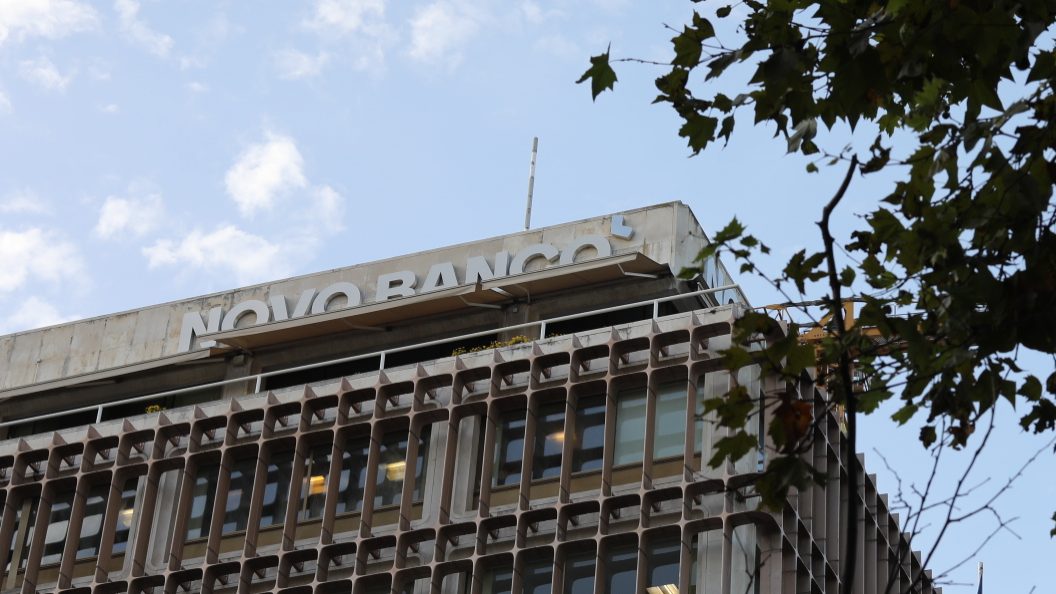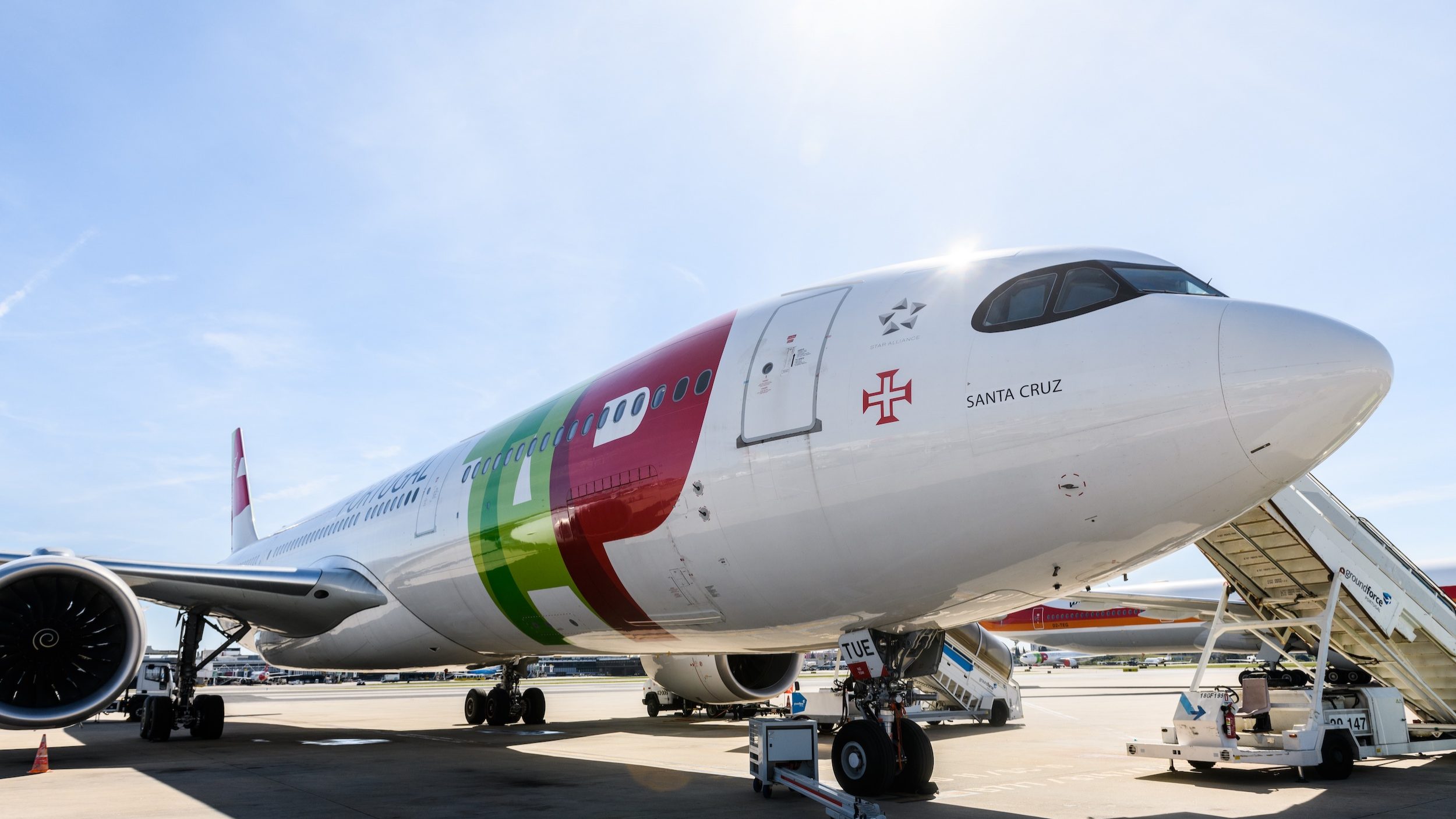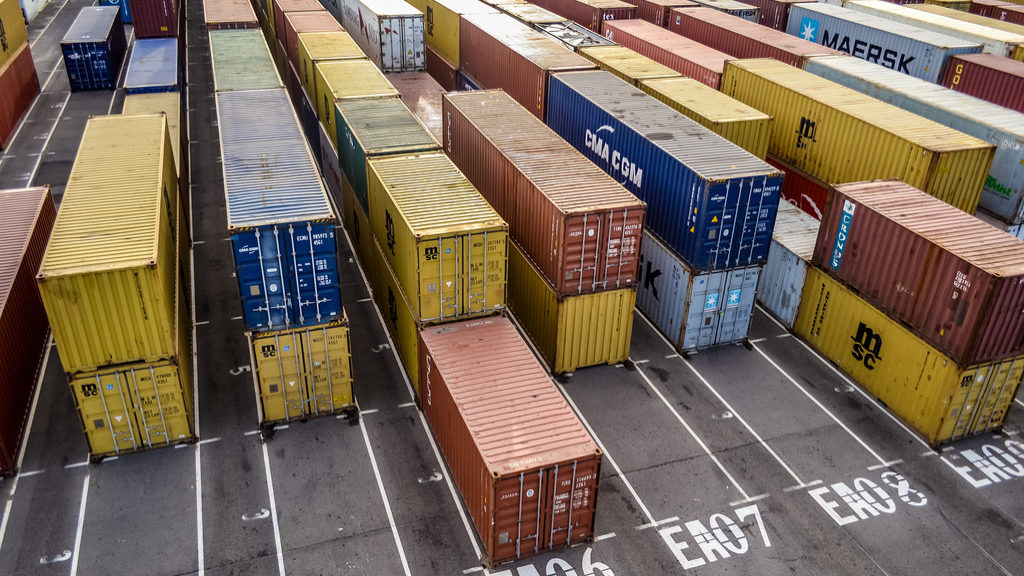Portuguese PM calls for a “united Europe with no room for populism”
The Prime Minister warned that populism is a threat to democracy and recognised that Portugal has not always taken advantage of the opportunities it has had since joining the European community.
Prime Minister Luís Montenegro called this Thursday for a “united Europe with no room for populism, extremism or the demagoguery of those who are always trying to divide and instrumentalise”. The appeal was made during the ceremony marking the 40th anniversary of Portugal’s accession to the then European Economic Community (EEC), now the European Union (EU), in which he also recognised that Portugal has not always taken advantage of the opportunities it has had from European integration.
For the leader of the Portuguese Executive, “the whole of Europe continues to face challenges that demand the best of collective efforts”, not least “the growth of populism and extremism, which are a direct threat to the functioning of democratic institutions”. It should be remembered that in the early parliamentary elections on 18 May, the far-right Chega party became the second political force and leader of the opposition by winning 60 seats in Parliament.
There are also other “structural problems” that Europe has to face. Montenegro pointed to “demographic challenges, regional asymmetries, the challenges of housing, the competitiveness of the economy and the valorisation of incomes”. Finding a solution to these adversities requires “political courage, strategic vision and a renewed commitment to deepening the European project”, he argued.
The Prime Minister then recognised that Portugal “has not always taken full or proper advantage of the opportunities it has had over the last 40 years”. “Nevertheless, we must recover the memory of this journey”, he said.
“The European Union is not perfect, nor can we ever expect it to be. It is a project that is constantly adapting, but it remains the most ambitious project among nations, a project that we must continually defend”, he continued.
He then went on to highlight Portugal. While it’s true that in 1974 our country opened up to Europe and 40 years ago formalised its opening to Europe, it’s also true that “Portugal opened Europe to the world, strengthening bridges with the Portuguese-speaking world, with Africa, with Latin America, with Asia”. “Portugal has benefited from the European project, but it also reinforces it every day with our culture, science, innovation, diplomacy and often, yes, by our example”, he emphasised.




